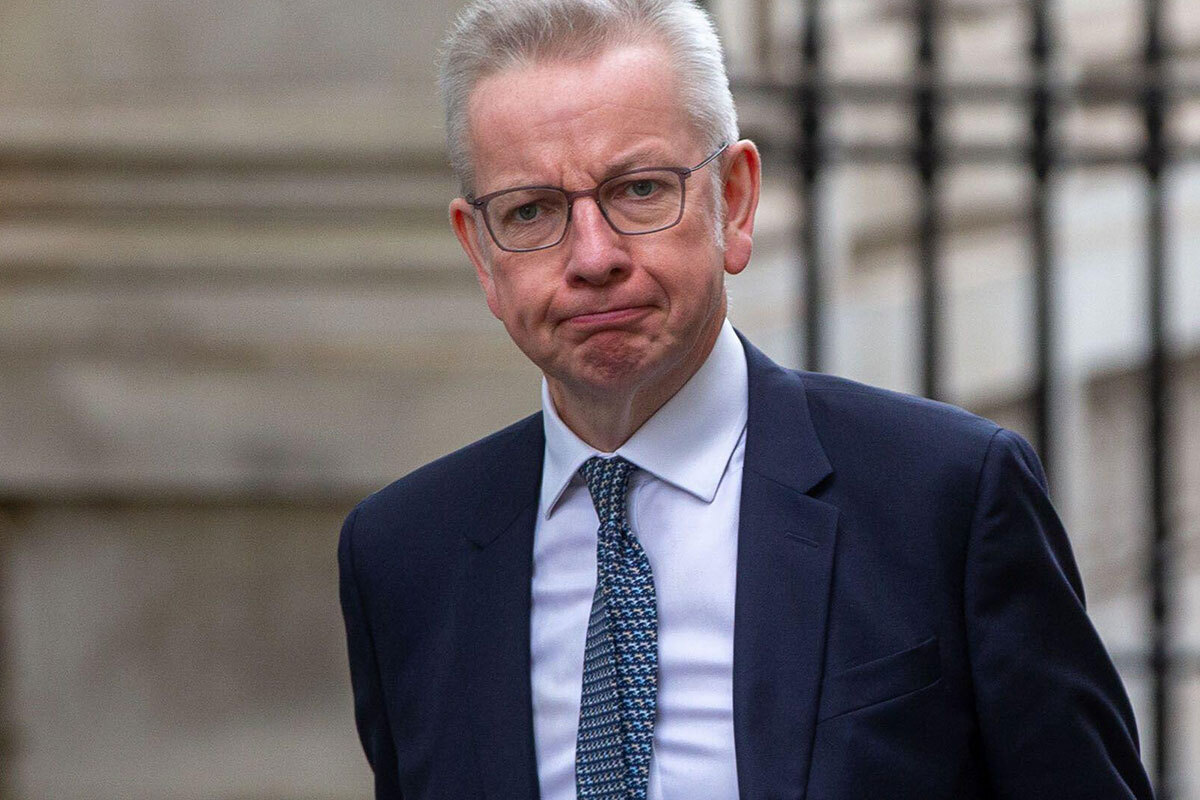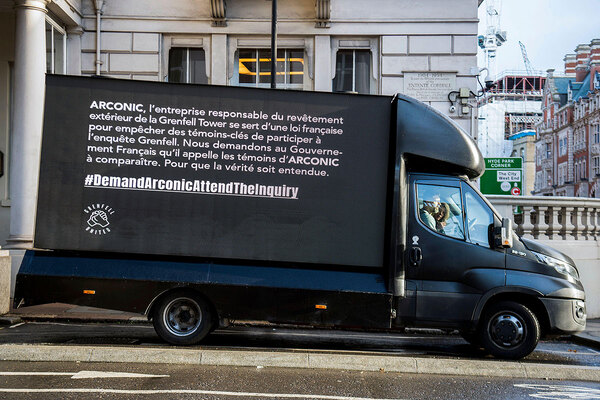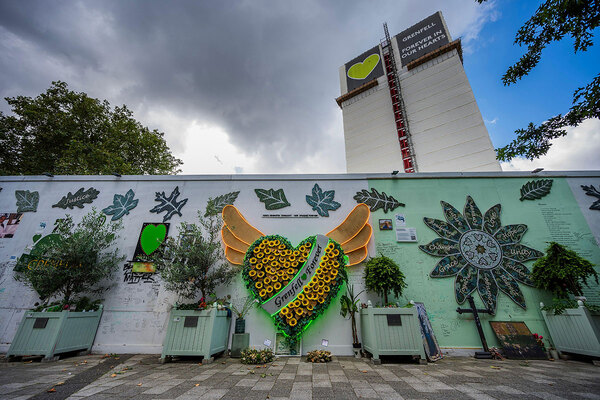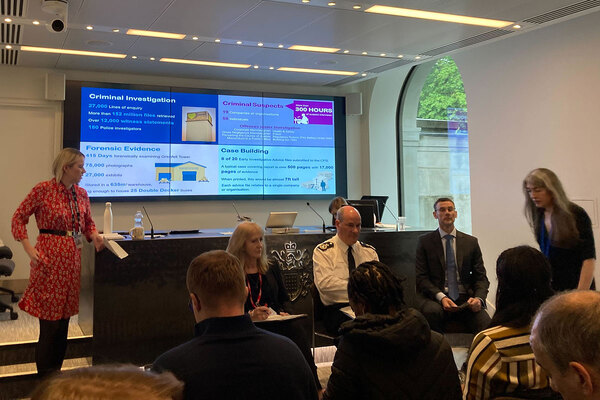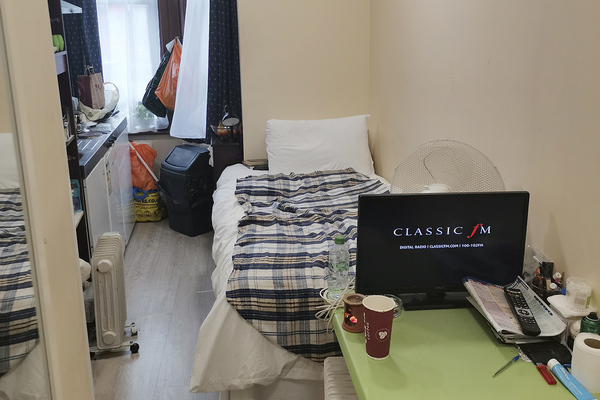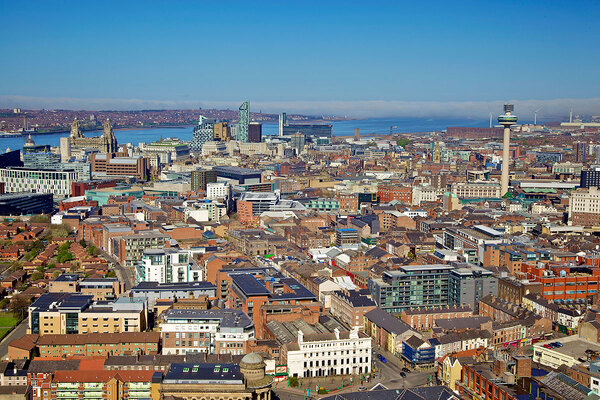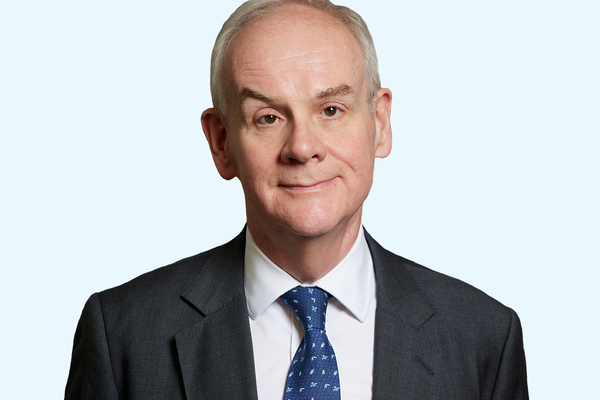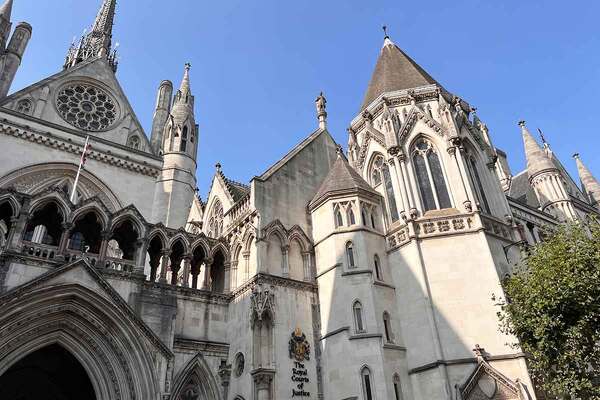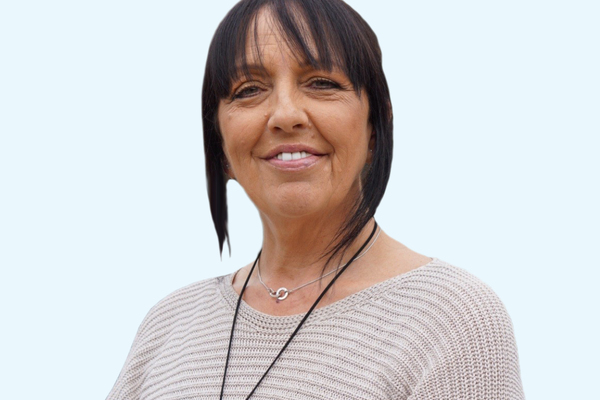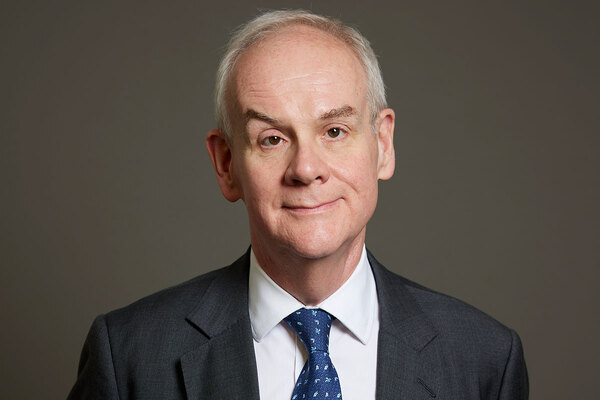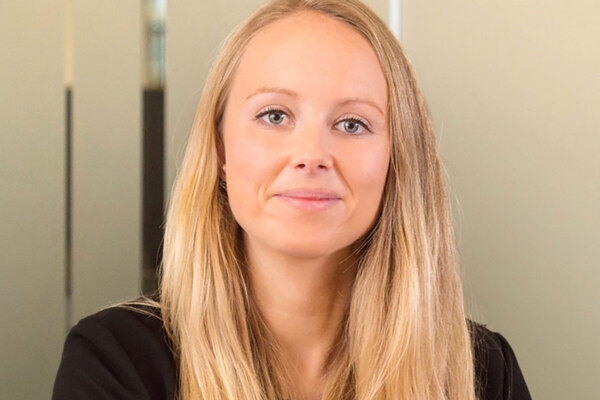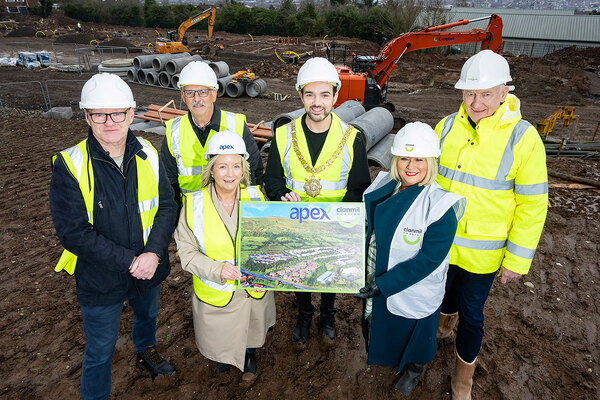You are viewing 1 of your 1 free articles
Gove claims Treasury blocked his efforts to punish Grenfell cladding firms
Former housing secretary and Conservative MP Michael Gove has claimed that his efforts to restrict the import of products that were on Grenfell Tower were blocked by the Treasury.
Mr Gove, who was the housing secretary between 2021 and 2024 and the Conservative MP for Surrey Heath for nearly 20 years, made the claims in The Times newspaper over the weekend.
His comments came just days after the publication of the second and final Grenfell Tower Inquiry report. Mr Gove said it “reinforces in particular the need to pursue those who bear the gravest responsibility for this tragedy with every weapon at the state’s disposal”.
He added: “Especially the companies that manufactured the materials used on a cherished home that became a hecatomb. And that have still not shown proper awareness of their guilt, contrition for their crimes or restitution for their wrongs. A reckoning must come.
“Kingspan, Arconic, Celotex. Three companies whose actions meant that products encased a high-rise building which were not just unsafe but positively lethal. Three companies whose employees knew they were lying about the materials they were marketing. Three companies that cheated the tests designed to keep people safe.”
Mr Gove also cited the role of the tenant management organisation for Grenfell and the Building Research Establishment (BRE).
Kensington and Chelsea Tenant Management Organisation was found by the inquiry report to be responsible for “chronic and systemic failings” in fire safety management, as well as a “toxic” relationship with residents, who came to regard it as an “uncaring and bullying overlord that belittled and marginalised them”.
The report explained how the BRE was a testing house for product manufacturers and an advisor to the government on building science. Its facilities were used for key tests by Kingspan and Celotex, and the report found serious shortcomings in its actions relating to them.
The report found that despite his denials, burn hall manager Philip Clark must have known that Celotex had placed fire-resisting boards on the rig and may even have destroyed evidence which would have proven this.
Discussing Mr Clark’s conduct, the report said he “did not know where to draw the line and crossed it on various occasions”. It blamed the BRE’s more senior management for allowing the organisation to “become much closer to its clients” and having “no independent supervision to make sure conflicts of interest were properly managed”.
Mr Gove said he believed their failures “rank behind the failures of Kingspan, Arconic and Celotex, which willingly, knowingly, recklessly put greed ahead of decency”.
The inquiry report concluded that “systematic dishonesty” by product manufacturers was a “very significant reason” why Grenfell Tower was clad in such dangerous materials.
Mr Gove said: “Because Kingspan is based in Ireland and Arconic’s European operations and Celotex are in France, our jurisdiction was limited. But we were determined to go after them.
“Working with the brave activists of Grenfell United we got Mercedes-Benz, and then Ulster Rugby, to shun any association with Kingspan.
“We set up a recovery strategy unit, headed by a former special forces commander, to alert investors to these companies’ shameless irresponsibility and to put the heat on their collaborators. We were making some progress before the election was called.
“But from bureaucracies, both ours and others, there was insufficient action. I pressed the Irish government to act against Kingspan without success. From France, only haughty froideur. What made the task more difficult was the compromised nature of our own establishment.
“Saint-Gobain, the parent company that previously owned Celotex, continues to sponsor the Franco-British Colloque, an annual get-together of French and British politicians, journalists and academics. Efforts on my part to restrict the import of these companies’ products ran up against the commercial purism of Treasury Mandarin Brain.”
During Mr Gove’s time as housing secretary, there were four chancellors from his party: Rishi Sunak, who went on to become prime minister, Nadhim Zahawi, Kwasi Kwarteng and Jeremy Hunt.
Inside Housing contributing editor Peter Apps, who won the Orwell Prize for his book Show Me the Bodies: How We Let Grenfell Happen, wrote on X in response to Mr Gove’s claim: “I’ve also long suspected (and been told) that Treasury orthodoxy has been the major brake on post-Grenfell reform.”
Mr Gove also called on the Crown Prosecution Service and Metropolitan Police to “do all they can to bring criminal prosecutions quickly”.
The police confirmed in May that criminal trials relating to the Grenfell Tower fire will not begin until at least the middle of 2027.
Ahead of the seventh anniversary of the fire that killed 72 people in 2017 earlier this year, police laid out the timeline for potential prosecutions and revealed that 58 individuals and 19 companies or organisations are suspects in their investigation.
Sign up for our fire safety newsletter
Already have an account? Click here to manage your newsletters
